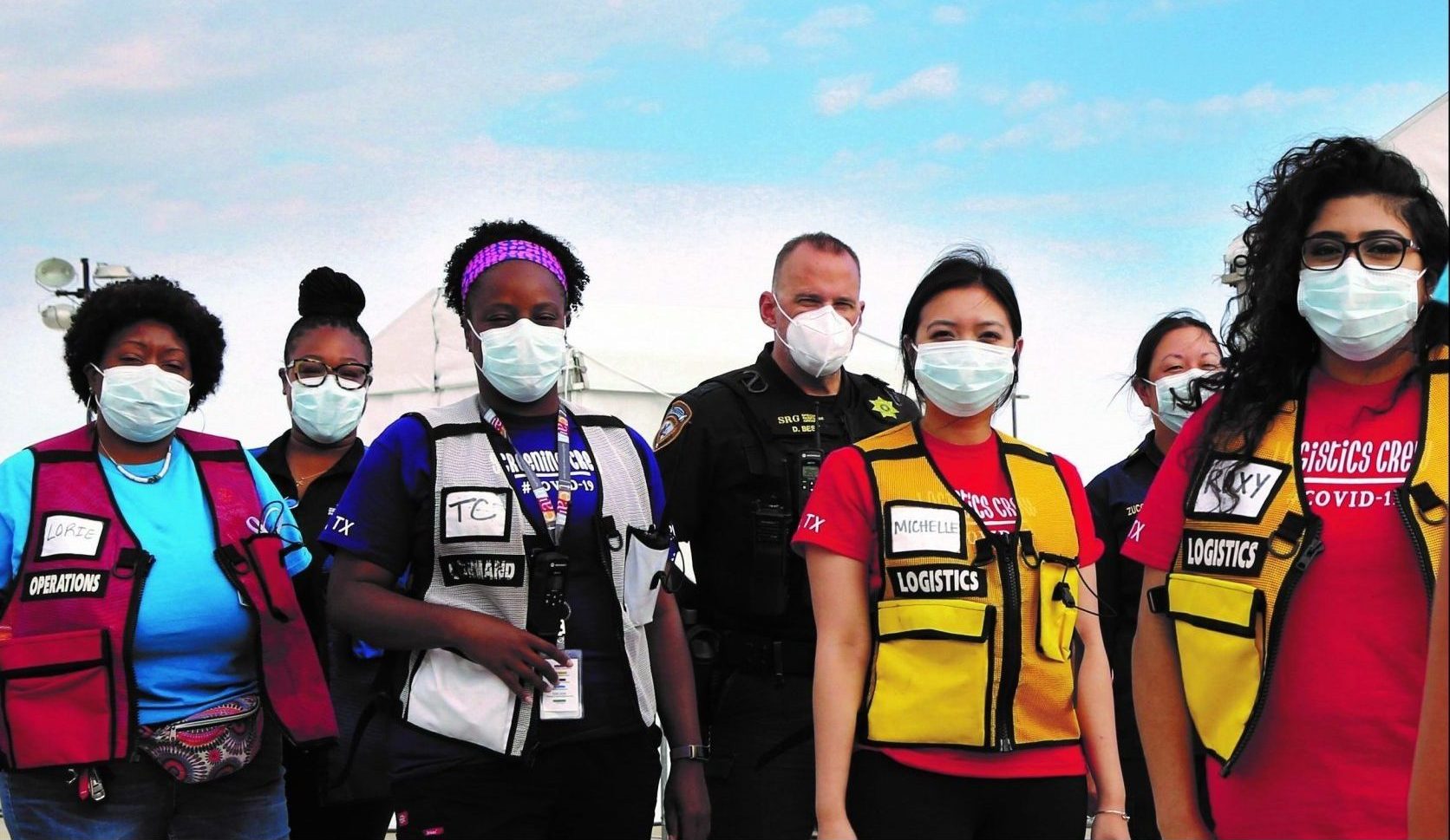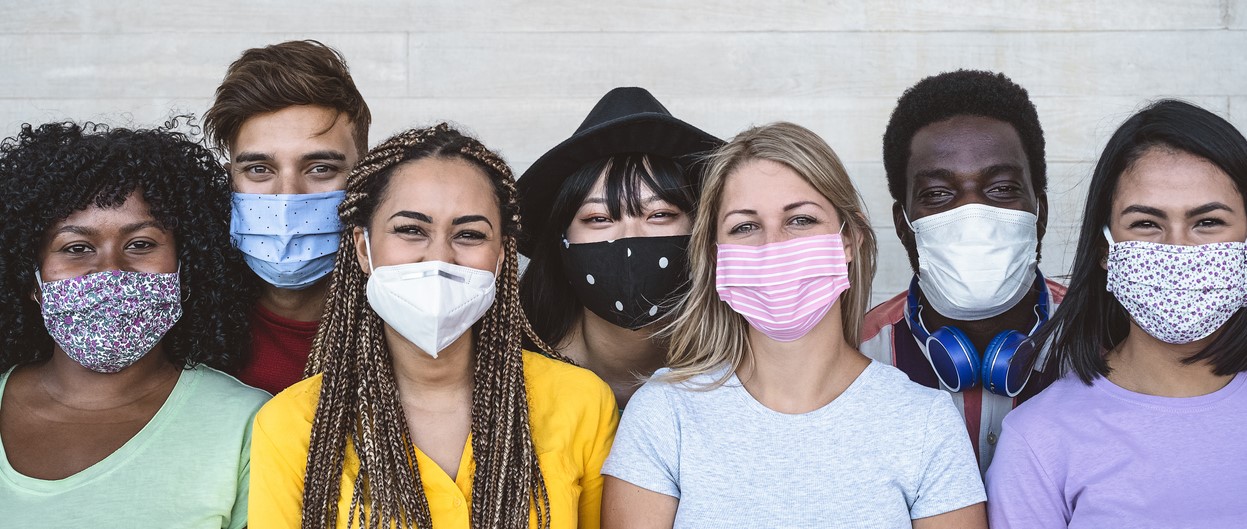Most Americans think of their health as being determined by genetics, behavior and perhaps good luck. An often-unrecognized aspect of well-being are factors outside the health sector and typically beyond an individual’s control. These factors, referred to as the social determinants of health (SDOH) are the environmental conditions in which people are born, grow, live, work, and age. Such conditions include access to healthy foods, transportation, suitable healthcare, affordable and safe housing, and quality educational and employment opportunities. All of these factors are significantly impacted by socioeconomic status and their availability in particular communities can either increase or decrease health disparities.
Improving social determinants of health is a fundamental step in improving health outcomes, reducing overall healthcare spending, and addressing health inequities. Trust for America’s Health (TFAH) supports the Improving Social Determinants of Health Act of 2021 sponsored by Representative Nanette Diaz Barragan of California. The bill would create a SDOH Program at the Centers for Disease Control and Prevention (CDC) to address the social, economic, and environmental conditions that affect health. In its efforts to improve the capacity of public health nationwide, the program would support multi-sector collaborations between local health departments and community organizations and would work to advance policies to address the social determinants of health.
At the state level, New Jersey based RWJBarnabas Health system is testing an approach designed to help address the non-medical factors that impact health by providing communities with a tailored social determinants of health program. The program is designed to reduce health disparities within the health care system. In New Jersey, roughly 39% of the population cannot meet their basic needs including food, housing, transportation, healthcare, and for some, child care. A little over 10% of the population is food insecure. In an effort to leverage social determinants to improve the quality of life for individuals, RWJBarnabas Health is working to create and sustain healthy communities through innovative strategies focused on high quality patient care, education, and research. Barnabas recently launched a new initiative, Health Beyond the Hospital (HBTH), that will impact the well-being of patients both inside and outside the hospital walls by providing tailored resources to fit their needs. It will provide patients who need them resources including but not limited to: nutrition education, meal deliveries, help navigating government assistance programs, and connections to community engagement opportunities. The program is funded by the Walmart Foundation and the Robert Wood Johnson Foundation.
The program will screen every patient for social determinants of health and refer them to external or internal social services if determined to be appropriate. Patients will be assessed for food insecurity, access to housing, education, and transportation, and for smoking and substance abuse issues. To ensure efficiency in the referral process, RWJBarnabas Health has partnered with NowPow, a community referral platform, and ConsejoSano, a multicultural patient engagement software platform.
“We’re deeply grateful for the Walmart Foundation and the Robert Wood Johnson Foundation’s faithful support,” said DeAnna Minus-Vincent, Senior Vice President and Chief Social Integration and Health Equity Strategist at RWJBarnabas Health. “By combining our resources, we’re able to offer New Jersey communities a unique program that promotes health equity and eliminates health disparities.”
Health Beyond the Hospital RWJBarnabas Health initiative to address the needs of all clients and patients in a culturally competent and efficient manner. Playing a critical role in patient follow up, ConsejoSano helps reach RWJBarnabas Health patients in the way that makes the most sense for each individual, culturally and linguistically tailored to meet their needs. Using NowPow, the program will be able to connect people with personalized services that are highly matched to their health and social needs including age, gender, eligibility, location, languages spoken, and insurance coverage. NowPow supports communities by providing referral services of primary care, food and housing, childcare, chronic disease prevention, support services, and more. Together, the organizations will provide a substantial collection of networks to minimize health barriers.
“Health Beyond the Hospital is the first program of its kind and the first universal SDOH screening initiative. By incorporating social determinants of health assessment into routine care for all patients, we’re able to diagnose and treat the social factors that influence health outcomes alongside the clinical conditions,” said Minus-Vincent. “To truly uplift individuals and build long-term, equitable health in our communities, we have to tackle barriers to care from the ground up. That starts with identifying and improving the day-to-day realities like food access and living environment that are proven to inform wellbeing.”
“Advancing health outcomes and creating meaningful, sustainable change for our patients requires a comprehensive approach,” Minus-Vincent said. “With NowPow and ConsejoSano, we’re addressing all aspects of the clinical experience, from the cultural nuances of how we communicate with patients to connecting them with resources and support programs.”
Within RWJBarnabas Health, selected sites are being piloted in order to test the comprehensiveness of the program. According to RWJBarnabas officials, the program will be the “nation’s first end-to-end, universally applied, and culturally tailored program”. If results from piloted sites show that the program has the desired impact, it will be implemented to all sites within the RWJBarnabas system by the end of 2021.
Learn more about the RWJBarnabas Health and the Health Beyond the Hospital initiative.




